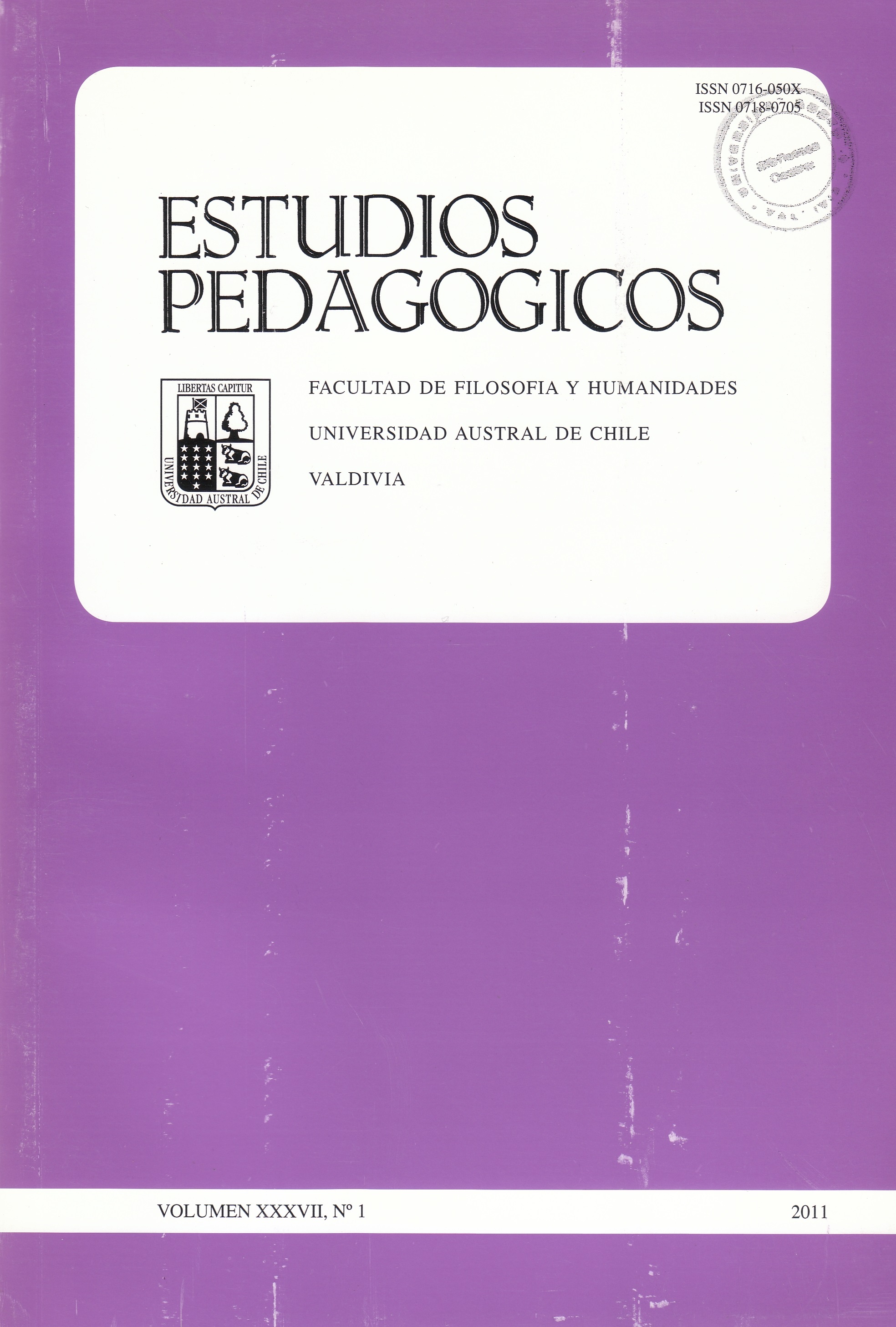Limitations in the development of the mathematical activity in primary school: the case of the school arithmetic
Main Article Content
Abstract
This research analyzes the problem of the low levels of the development of the Mathematics Activity, reached by Chilean students at the end of the primary school. The article focuses on the case of School Arithmetic. Using the Anthropological Theory of Didactics (Chevallard, 1999) and the Theory of Didactic Situations (Brousseau, 1994), the investigation began with the analysis of nuclear mathematical contents and learning of the current official primary school programs in the area of arithmetic. Next, we observed and analyzed the teaching-learning processes developed in thematic units of arithmetic in primary schools of the Metropolitan Region. We finished with the analysis of the institutional conditions and restrictions on the mathematic activities imposed by the schools. This paper approaches the curricular, factual and institutional dimensions. It allows us to postulate what might be considered to be a didactic phenomenon by its degree of generality and its direct entailment with a specific strategy of education of mathematics (Brousseau, 1983). The phenomenon is that, in many cases, in spite of its good intentions, the school inhibits the mathematical potentialities that the children have.

